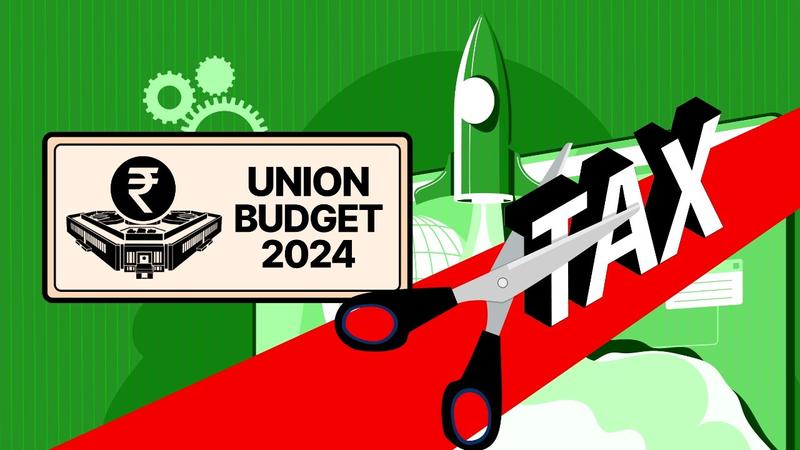Published 18:44 IST, July 23rd 2024
Nirmala Sitharman takes VCs by surprise, abolishes Angel Tax
India's startup industry has faced difficulties in accessing growth capital recently. Now, with the abolition of the angel tax, more inflows are expected.

Union Budget 2024: Finance Minister Nirmala Sitharaman took India’s startup ecosystem and venture capitalists by surprise when she announced the complete abolition of the draconian Angel tax.

Image credit: Sansad TV
"To bolster the India startup ecosystem, to boost entrepreneurial spirit and support innovation, I propose abolishing angel tax for all classes of investors," the Finance Minister said in her seventh consecutive budget speech.
Top industry voices and leading venture capitalists have shared their sense of relief with the decision as proving they to define the fair market value of their shares.
Talking about the relief in the budget to startups in the country, Anil Agarwal, Chairman, Vedanta remarked, “The abolition of the angel tax will give a big boost to our startups and young entrepreneurs who are the job creators of the future.”
What was Angel Tax and why did startups have to pay it?
Angel Tax is a tax on the investment made by an individual or a group of individuals (called angel investors) into a startup. It was introduced by the Indian government in 2012 to curb money laundering. The idea was to ensure that investments made in startups were legitimate and not a way to convert black money into white money.
When a startup receives an investment, the government evaluates whether the amount paid by the investor is higher than the fair market value of the startup’s shares. If the investment is deemed to be higher than this fair market value, the excess amount is taxed as income for the startup.
Boost to startup ecosystem
Dilip Chenoy, Chairperson of Bharat Web3 Association believes that abolishing the angel tax for all classes of investors will work towards boosting the Indian startup ecosystem.
India's startup industry has faced difficulties in accessing growth capital recently. According to data from Venture Intelligence, private equity and venture capital investments in Indian companies dropped by 24 per cent in the first half of 2024 compared to the same period in 2023.
“The abolishment of angel investing taxes is a landmark decision, set to boost startup funding and entrepreneurship across India,” said Harsh Punjabee, CEO of SMEST Capital.
The decision by the government will also bring down the time spent on tax-related litigations.
Open Network for Digital Commerce (ONDC) also mentioned that the abolition of the angel tax will provide a substantial boost to domestic startups.
Sharing his personal bitter experience with angel tax, Ashish Singhal, Co-founder, Lemonn and CoinSwitch, said, “As a founder and angel investor, I’m thrilled that the Angel Tax has been abolished. This will significantly bolster the entrepreneurial ecosystem in India.
Updated 20:19 IST, July 23rd 2024